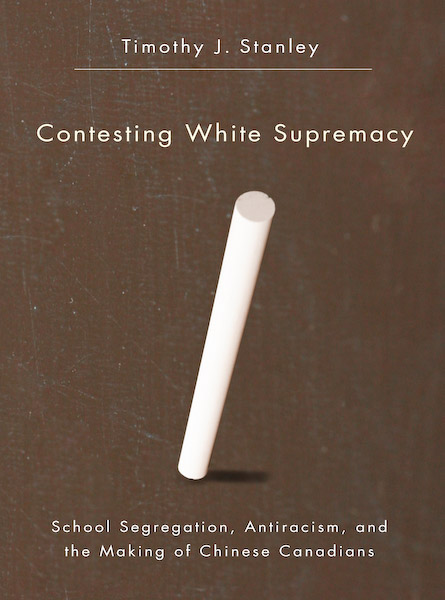- Home
- History
- Community
- Organizations
- Chinese Consolidated Benevolent Association
- Victoria Chinese Canadian Veterans Association
- Chinese Public School
- Clan Associations
- County Assocations
- Dialect Assocations
- Friendship Associations
- Political Organizations
- Recreational Associations
- Religious Organizations
- Women's Associations
- Other Organizations
- People
- Resources
- Contact
Draft letter to the Chinese Ambassador to England regarding the head tax, 1889 (University of Victoria Archives)
One of the first acts of the British Columbia legislature, which was based at Victoria after the province joined Confederation in 1871, was to take away the right to vote from First Nations and Chinese men in 1874, while expanding the franchise to white men regardless of property in 1876. Some white settlers raised a hue and cry against the newcomers and attempted to prevent them from finding gainful employment. Employers tried to take advantage of the situation by paying Chinese workers lower wages. One of the first acts of the British Columbia legislature after the province joined Confederation in 1871 was to take away the right to vote from First Nations and Chinese men in 1874, while expanding the franchise to white men regardless of property in 1876. From their perspective, British Columbia and Canada were to become a ‘White Man’s Country’.
From the beginning, the community came together to challenge the systemic racism they encountered. The Chinese Consolidated Benevolent Association (CCBA), founded in 1885, protested the imposition of the discriminatory head tax of 1885, an attempt to limit immigration from China.
Working with other Chinese Canadian organizations, the CCBA campaigned against increases to the head tax and the 1923 general prohibition against Chinese immigration. Victoria’s Chinese Canadian Club was instrumental in pushing back an attempt to segregate Chinese students by the local school board in 1922. And for many years the community lobbied hard to gain the right to vote.
Members of the Victoria Chinese Canadian Veterans Association at a reunion in 2005 (Victoria Chinese Canadian Veterans’ Association, photo courtesy of Robert Amos).
During World War II, the Canadian government frowned on Chinese Canadians joining the armed forces but many found ways to enlist. The community’s actions in supporting both China’s war of liberation from Japan and the overall Canadian war effort were significant in this era.
These efforts were finally rewarded in 1947 when Chinese Canadians gained the right to vote and the notorious Chinese Immigration Act was repealed. Still, the Canadian government severely restricted immigration from China and many families remained separated, often not knowing whether relatives were dead or alive. This problem was exacerbated by the fact the Canadian government refused to recognize China after the 1949 revolution. The community took part in many actions to win a more just immigration policy that finally led to the immigration reform in 1967.
By John Price


